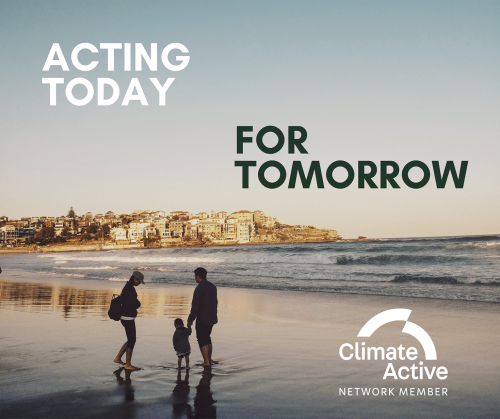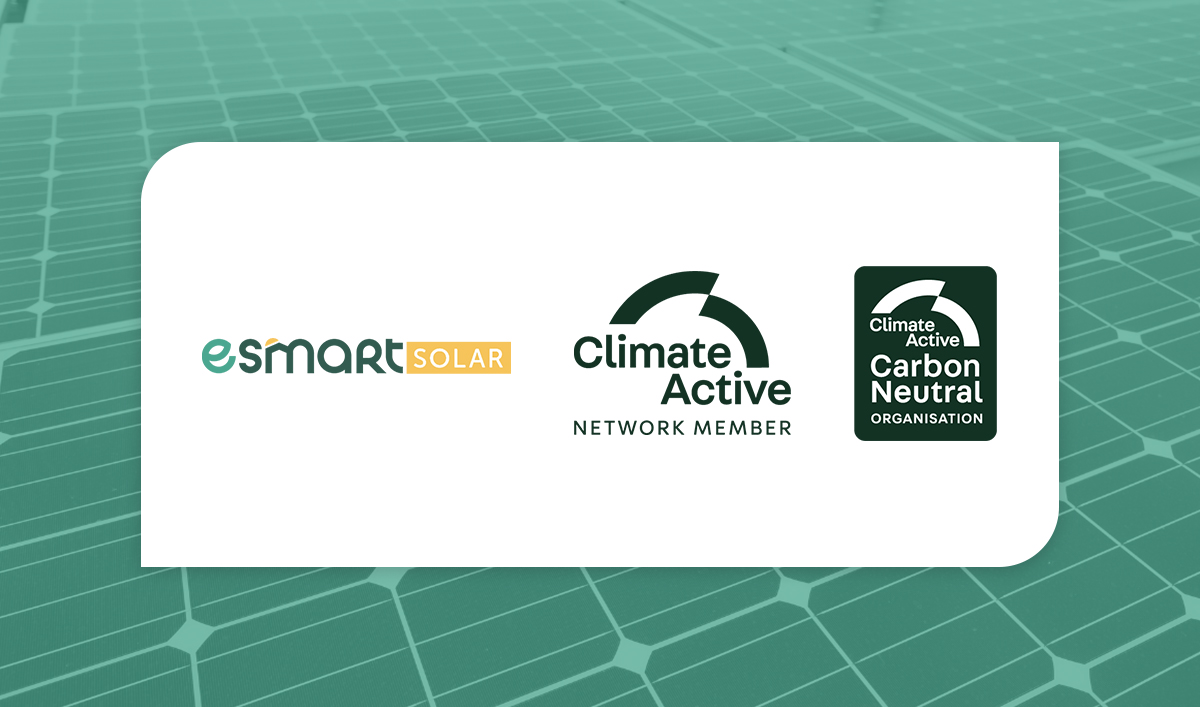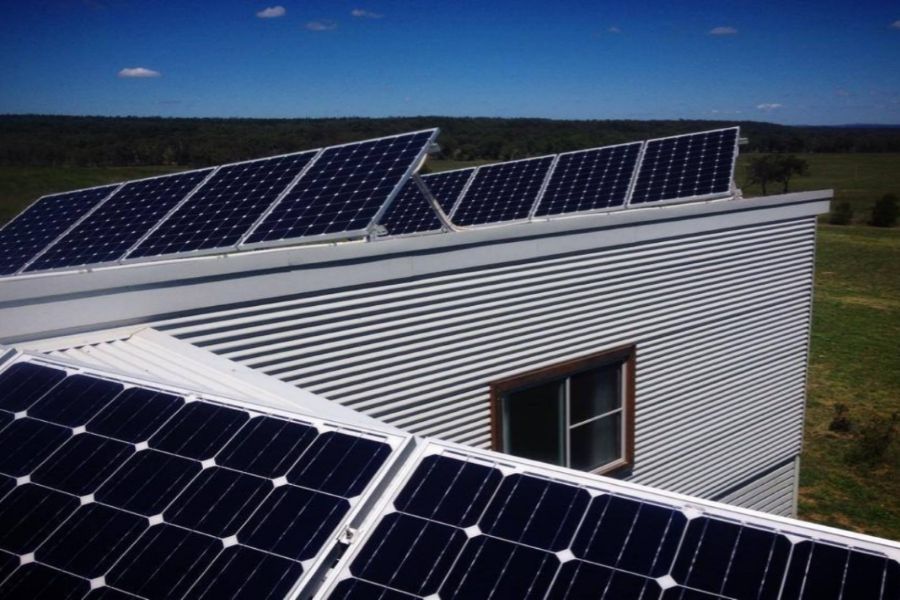We are proud that E-Smart Solar is the first solar company in NSW to be Climate Active certified. Climate Active certification is an important step in our journey to being a more sustainable and environmentally conscious organisation.
We are located at the base of the World Heritage listed Blue Mountains, so we understand the importance of our environmental impact as a business. We have chose to be carbon neutral, hoping this heritage site can be enjoyed, as it is today, for generations to come.
So what does this all mean?
The Climate Active brand is a simple yet powerful way for companies to demonstrate to customers and stakeholders that they have a credible and transparent claim of carbon neutrality. It is the only government accredited carbon neutral certification scheme in Australia.
The Climate Active brand represents Australia’s collective effort to calculate, reduce, and offset carbon emissions to lessen our negative impact on the environment. The Climate Active certification is awarded to businesses and organisations that have credibly reached a state of achieving net zero emissions, otherwise known as carbon neutrality.

“Understanding where our carbon emissions are coming from and where we can reduce these emissions has helped us manage parts of our business more efficiently.”
What can homeowners do?
The best thing homeowners can do to support us is to take the time to understand the solar system they are buying. Additionally, customers can also support us through understanding that the environmental benefits of solar power are the main reason we do what we do as well as helping homeowners and business owners to reduce their carbon footprint – not just their power bills.
Speak to our expert solar team about how you can reduce your carbon footprint.






